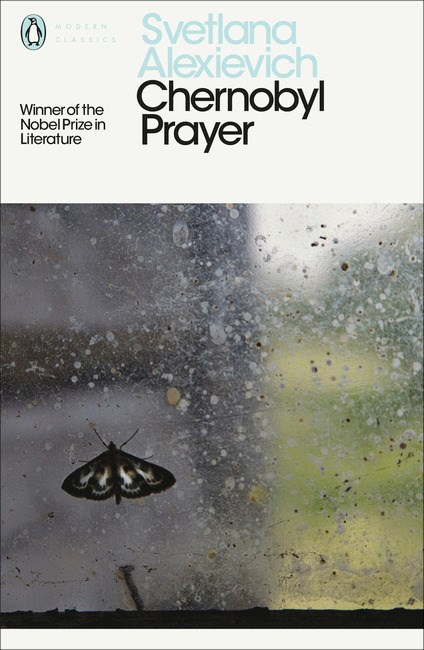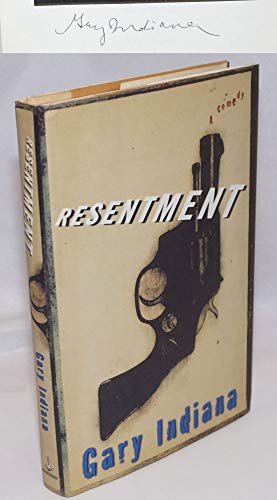Jeremy Gordon’s new novel, See Friendship, is about Jacob, a critic and journalist who, upon learning the true circumstances behind the mysterious death of an old friend named Seth, decides to put together a podcast that’s one-part true-crime investigation, one-part oral history from the people who knew Seth in life. As he works on this project, Jacob becomes obsessed, believing he’s in a unique position to dig into the past and uncover the full context of what really happened—though, as events play out, he bites off more than he can chew.
Norman Mailer once wrote that “if a person is not talented enough to be a novelist, not smart enough to be a lawyer, and his hands are too shaky to perform operations, he becomes a journalist,” a quote I first encountered when I was wrapping up my tenure in journalism school. I didn’t take it personally. At the time, my favorite book of Mailer’s was Miami and the Siege of Chicago, his slim exegesis of the 1968 Republican and Democratic National Conventions, and what might technically be called a work of journalism. Not to psychoanalyze a deceased stranger, but I imagine he’d rather I preferred a novel.
After working in journalism for more than a decade, I understand where Mailer was coming from. I’ve known some talented journalists who happen to be wonderful people; I’ve known talented journalists who are also deeply obnoxious; and I’ve known what I imagine was the target of Mailer’s ire, untalented journalists who are also personally reprehensible. Though Jacob, the protagonist of my new book, is not quite untalented or reprehensible, he’s eminently capable of screwing things up. Some of my favorite fictional journalists are a bit more capable—and some are way less capable—but they all share an appetite for pitching themselves into the unknown, without much concern for how their inquiries may backfire.
1. 2666 by Roberto Bolaño
I am aware one cannot lightly recommend a ~900 page novel, but we’re kicking off with a bang. In my anecdotal conversations, Bolaño’s masterpiece is best remembered for its razor-sharp satires of academia, meditations on 20th century literature, and unremittingly bleak depiction of systemic femicide in Mexican society. But I also love the middle section, “The Part About Fate,” which regards an American journalist named Oscar Fate who’s sent to the fictional Mexican town of Santa Teresa to cover a boxing match, but instead becomes fascinated with the mysterious deaths of local women. Fate is no sucker, and he’s far more interested in these murders than the boxing; naturally, his editor tells him to focus on his assignment. I cannot tell you how many times I’ve excitedly floated an idea to my boss only to be told, “Maybe sit on it for a little bit.” Nonetheless, I persevere.

2. Chernobyl Prayer by Svetlana Alexievich
Alexievich is not a novelist, but her recurring project—the assembly of epic oral histories regarding certain slivers of Soviet life—has made a profound impact on me. It’s not that I eschew omnisciently told history books, but I am so often interested in the texture and feeling of what life was like for people through history, which cannot always be captured by objective detail alone. Alexievich preserves the pauses and verbal tics of her subjects, who are not professional speakers: they circle back on themselves, lose track of the point, and share anecdotes that hardly seem to matter other than they need to be shared, in that exact moment.
3. The Journalist and the Murderer by Janet Malcolm
If there is a companion quote to what Mailer said up above, it may be Janet Malcolm’s assertion that “every journalist who is not too stupid or too full of himself to notice what is going on knows that what he does is morally indefensible.” This line is often and proudly circulated by the more hardcore of my profession as proof of self-awareness. “Janet Malcolm was right,” they declare. “We all stink.” I don’t think this is strictly true; it’s not morally indefensible to dig deep into, say, how Elon Musk is reshaping the country in his image, or how the government is making life worse for trans kids. But Malcolm was rightfully wary of how some journalists, in growing closer to their subject through sustained empathy and contact, transform into confidence men. While pursuing one story in front of them, they are consciously aware of a parallel story in their head that’s actually what they intend to write.
4. Ordinary Human Failings by Megan Nolan
Disclosure: Megan is a friend, and the interlocutor of my NYC launch event, so I’m hardly objective about her work. That said, it’s great. Her second novel is set in the world of seedy British tabloid journalism, where a hungry reporter has made it his personal mission to ferret out the circumstances behind the tragic death of a three-year-old in South London. I read it as I was caroming through the final edits on See Friendship, and trying to make sure that my concept of the novel had remained consistent—namely, that Jacob was not as actively manipulative as the journalist-protagonist of Megan’s book. Sometimes, it’s valuable to have a stark contrast to remind oneself: “Right, I’m doing something different.”
5. Willful Disregard by Lena Anderson
No one is immune to the self-flattering properties of judgment. When I am stuck in line at Walgreen’s behind a gruff, sweaty man who is arguing interminably over the price of Double Stuf Oreos, I may derive a misanthropic thrill from imagining all of the ways in which this human specimen has arrived at this particular place in life. The difference for journalists is that they are empowered to formalize their judgments on the page and in front of audiences, deceiving them into believing their judgment is particularly astute—when, as the veteran pot smoker knows, it depends.
I’m cheating a bit here, because Willful Disregard is not strictly about a “journalist”—but let’s say that someone who writes for newspapers is sort of one. If you disagree, well, it’s my list. Andersson’s novella centers around Esther, a poet and essayist who falls in love with a famous artist and throws away her responsible, steady relationship to pursue him. The artist is mostly uninterested, of course, which doesn’t occur to Esther because she is completely convinced of her superior analytical abilities. She knows how to diagram reality; she knows how to find the precise words for any situation; unfortunately, she is totally wrong about her would-be paramour. Following along with her thoughts, as Andersson makes it clear that these thoughts are all wrong, provides the uncomfortable jolt of seeing how an intelligent, rational, capable, accomplished person can nonetheless behave like a complete fool in matters of the heart. I’ve recommended this one to friends who really need to get over an unrequited crush, and require that extra shove.
6. The Girl with the Dragon Tattoo by Stieg Larsson
I have not read Larsson’s book since college, but I watched the two adaptations of the first Lisbeth Salander novel a combined three times, during the writing and editing of See Friendship. I prefer David Fincher’s brooding, perverted take, in which Daniel Craig subverts his Bond machismo and plays a journalist who’s deferential, feminist, and kind. Also, he’s a great lover. Contrary to some assumed maxims about storytelling, an earnest protagonist can be a compelling one, and Craig’s depiction of Mikael Blomkvist reminded me that the sordid aspects of a narrative can be seeded away from its main character. I’m eternally sad that Fincher never made a sequel.
7. Resentment by Gary Indiana
A journalist is not necessarily someone who went to journalism school and was anointed by all of the major institutions. A journalist can also be someone with two eyes, two ears, and a brain. The late Gary Indiana’s fictionalized spin on the Menendez brothers trial—here, they’re the Martinez brothers—is too expansive and anarchic for me to ably summarize, but one of its central characters is Seth, an NYC-based writer who drops into Los Angeles to report on the proceedings. Seth is no crime journalist; he’s there to get his fee, but falls deeper and deeper into the web of legal inanities and grotesque American truths that govern this awfully tragic case of parricide. Indiana is careful to call the novel “speculative,” but many of the details were obviously inspired by real life. Though he’s perhaps most remembered as a critic and novelist, Resentment proves Indiana would’ve been a great court reporter; there’s a versatility to his skill set we may all aspire toward. Like the Seth of Resentment, my Jacob is eager to prove he can do all sorts of things—and whether he succeeds is something for you, dear reader, to discover.









